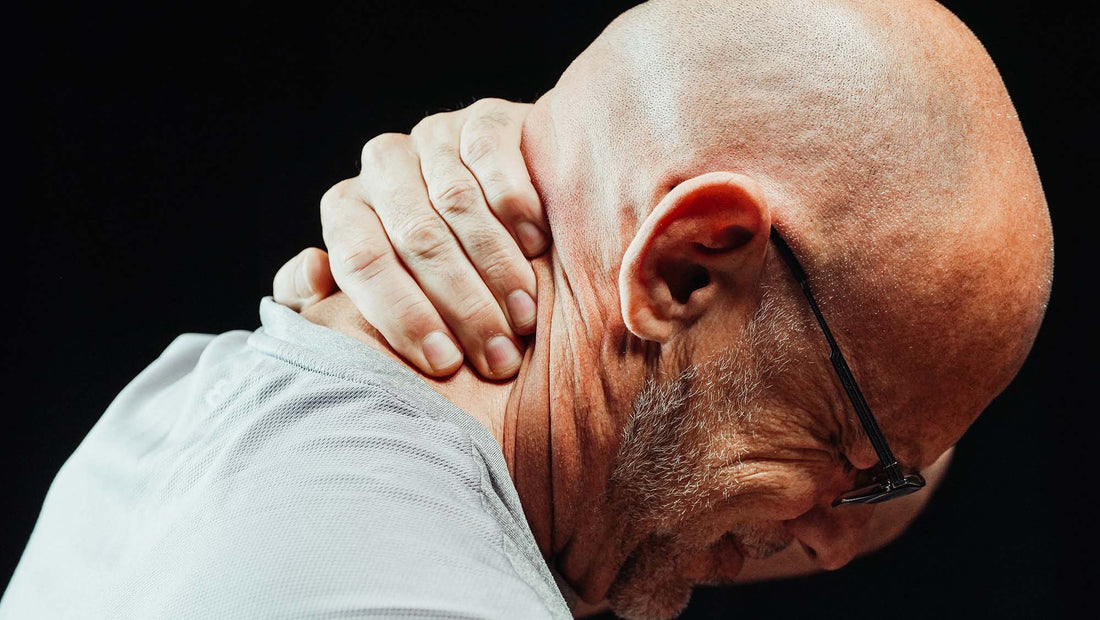What do you believe? I don’t mean what you know—you know about Newtonian physics, you know what street you live on. What do you take on faith? If you see yourself as a rational person, you may think you don’t believe much. But you do. We all do. We have beliefs, for example, about whether people are basically trustworthy or not, whether people can change or not, whether life has meaning or not.
Some of those beliefs go so deep we don’t notice them anymore. But every once in a while—like when you walk past a mirror and really see yourself for a half second, unposed and unguarded—they reveal themselves. When that happens, we can ask ourselves, What purpose does this belief serve?
We don’t really know what Siddhartha believed when he was still a prince, but the story suggests that he believed things wouldn’t change. He and his friends wouldn’t grow old or get sick. He would always live in comfort. He certainly wouldn’t die. Tomorrow would look like today—not exciting, maybe, but safe.
The day he left the palace and saw the world as it really was, his entire belief system vanished and was replaced by something new. He now believed he would grow old, get sick, and die, and that the same applied to everyone else. He didn’t have proof—that takes more time than a day—but he believed it. And he also believed, for the first time, that in confronting these new realities, in making them central, he could find a new way of living, of seeing, of being.
Before he left the palace, he held a worldview that did not challenge him in any way. It required nothing of him—no effort, no sacrifice, not even any self-reflection. It was comfortable, and it was convenient.
After that day, his belief system was incredibly inconvenient. First of all, it didn’t feel good. 2500 years later, it still doesn’t; impermanence hurts. But more importantly, in order to be in alignment with his new beliefs, he had to do something. He had to change. He had to work. He had to give something up.
Which brings us back to our own beliefs. Does your worldview give you a way out? Or does it force you to step in, to confront the reality you cannot look away from? If I look at the monumental struggles of the world and say, “Nothing I do will really make a difference,” that’s a belief system that offers a way out. But if you say, “I have to do something,” then you really do have to—you have to step in, or something inside you starts to break. It’s the least convenient life you can live.

Buddhism rests on uncomfortable beliefs. We can frame them as what Siddhartha saw (sickness, old age, death), or maybe as the three seals (dissatisfaction, impermanence, interdependence). It’s not that it’s all bad news, or that it’s a dark view of the world. It isn’t. But it’s a worldview that rejects complacency or isolation. It resists comfort.
It’s about feeling the itch of things as they are and knowing that no matter how much we may want to scratch, it won’t go away. Death won’t go away. Old age won’t go away. This is reality, and the only thing we can do to feel more comfortable is to close our eyes to it.
What you do with these truths is up to you—this path takes infinite forms. But we can only walk it with our eyes wide open, however painful that may be. It’s the only way for us to see the next step.

Author: Koun Franz
Koun Franz is a Montana-born Soto Zen priest who trained, taught, and translated in traditional monasteries in Japan. He is the guiding teacher of Thousand Harbours Zen in Halifax, Nova Scotia (his talks can be found on the their podcast) and editor of Buddhadharma: The Practitioner’s Guide.






2 comments
Again, thank you for sharing.
Being born and raised in a privileged environment, I saw very little quality of life in the people surrounding me, mostly bourgeois suffering, complaining and escape through mindless activities and entertainment. One of my aunts had decided to step out and became a nun. Seeing her change inspired me to meet other likely minded people and walk that path. Nearly 60 years later, I feel happy and grateful for those circumstances and people. たいへん感謝しています、
Acceptance and trust. Why can we not simply trust and accept the world, this incarnation, for how and what it is and be present in every moment with each in and out breath. Further, each of us must be deeply committed to service to self and others for surely, surely we all need each other.